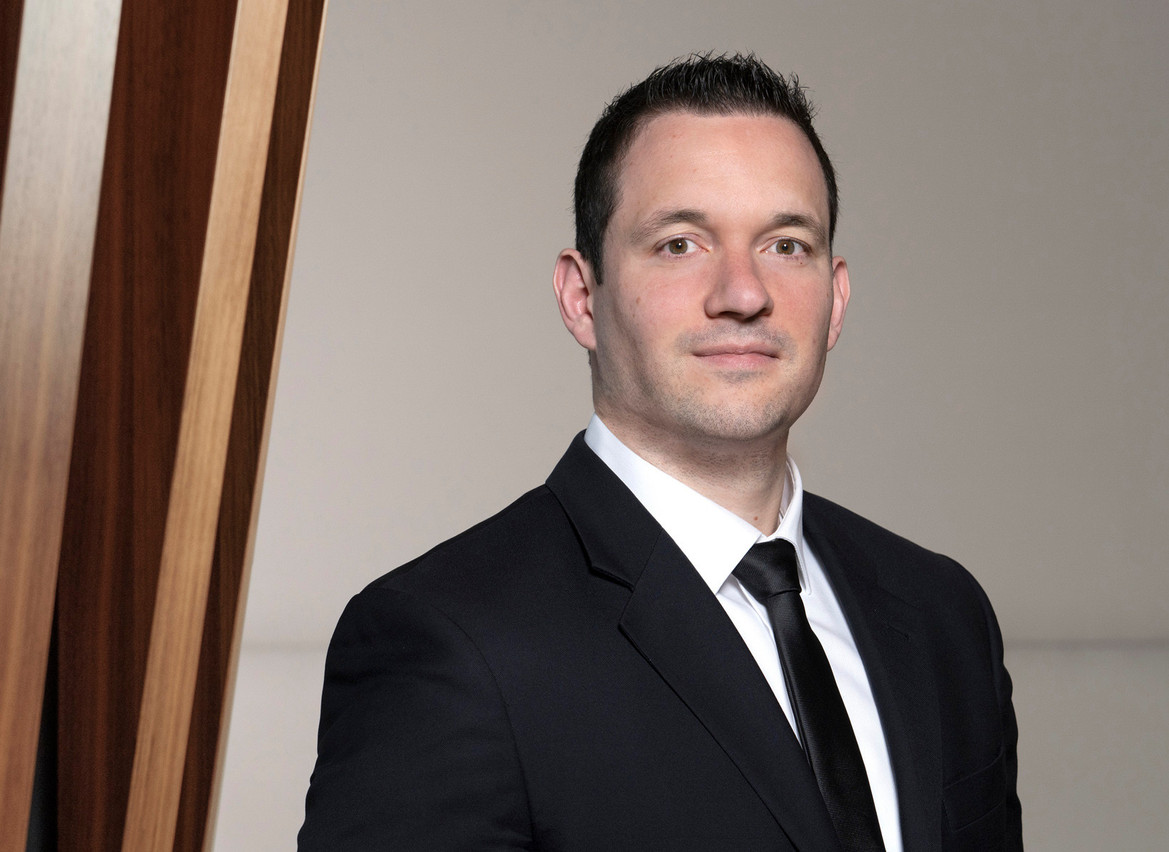Electronic discovery is the process of systematically identifying, collecting, analysing and reviewing vast amounts of structured (predefined) or unstructured (disorganised) data. The latter form is both more common and inherently more challenging to handle: think of a body of emails, instant messages, spreadsheets, photos and videos, all of which come in different formats. Add to this the inevitable presence of duplicates and irrelevant items (computer system files, for example) and investigators are already fighting a losing battle against sheer volume, even before they’ve seen a single document.
When constraints on time and money mean that investigators and legal counsels simply cannot afford to look at each item in turn, using a professional document review platform ceases to be an option and becomes a necessity. This serves to dramatically accelerate review by processing all documents uniformly into one location, where the review team can then perform categorisation.
Once the document population has been cleansed, the power of analytics can be unleashed. Cutting-edge technology solutions, such as lightning-fast keyword searching, structured and conceptual analytics, as well as AI-assisted review, enable the investigation teams to focus on only the data sets that are relevant. Structured analytics, for instance, can recognise the language of any document, pick out the top (most inclusive) email in an email chain, or identify individuals who use different email addresses to conceal their communication.
Cutting-edge technology solutions, such as lightning-fast keyword searching, structured and conceptual analytics, as well as AI-assisted review, enable the investigation teams to focus on only the data sets that are relevant.
Conceptual analytics, on the other hand, have the mighty power to learn from content: they enable investigators to discover relations between words, or entire documents, and group them together with others that are conceptually similar. This can prove extremely useful for identifying important patterns; for example, a seemingly innocent code language used to disguise wrongdoing. The platform’s continuous learning ability also makes it possible to prioritise, serving reviewers the items that are more likely to be relevant to the case and allowing them to find that needle in the haystack quicker. If, on the other hand, the goal is to correctly categorise a whole mass of documents, the machine can also do this – with a certain margin of error, but still to a degree that will be accepted in a court of law. This is the true benefit of artificial intelligence: letting the machine do part of the work, saving humans time and money!
Advanced document review platforms also enable lawyers and investigators to organise an efficient review process, as well as to produce and redact the documents to be used in court. Regulatory agencies tend to have strict formatting requirements and even stricter deadlines, and performing the review on a powerful platform is the best way to ensure that these are met.
At Arendt, we draw on our deep expertise in forensic investigations, corporate intelligence and litigation support to guide our clients through challenging situations. Our eDiscovery services are powered by the best-in-class RelativityOne document review platform, and we are proud to have become the first RelativityOne Certified Partner in Luxembourg. Contact us to learn more about how we can assist your organisation.
Written by , Senior Manager Forensic Technology & eDiscovery, Consulting Branch of Arendt.
.
